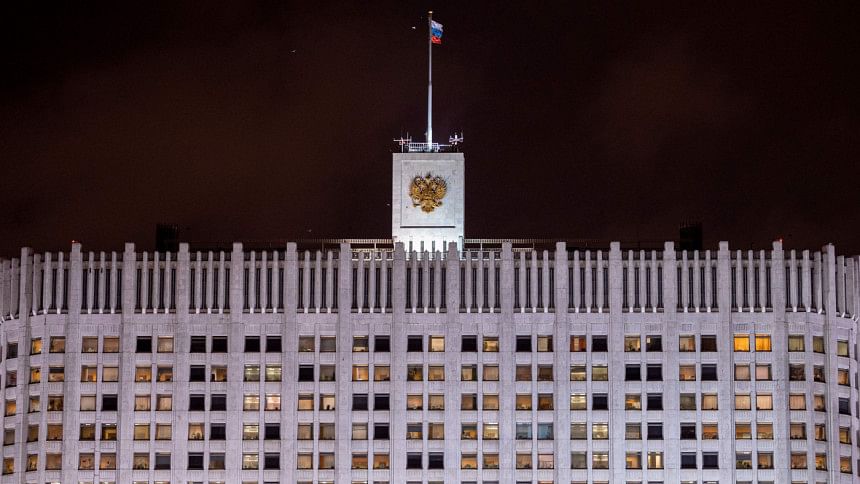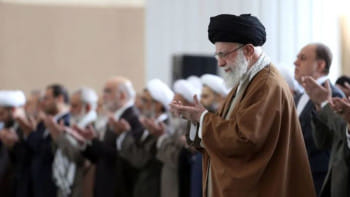Russian parliament to review Putin PM pick after shock overhaul

Russian lawmakers will begin reviewing President Vladimir Putin's nomination of a little-known tax chief as the new prime minister Thursday after his announcement of a sweeping constitutional shake-up fuelled speculation about his future plans.
The overwhelmingly Kremlin-loyal State Duma lower parliament is likely to approve Mikhail Mishustin for the role, following the shock resignation of the government in the wake of Putin's call for reforms to reshape Russia's political system.
The series of bombshell announcements made during and after Putin's state of the nation speech triggered speculation about his role past 2024, when his current presidential term expires.
Some suggested 67-year-old Putin, who is currently two years into his fourth presidential term and has steered the country since 1999, could be laying the groundwork to assume a new post or remain in a powerful behind-the-scenes role.
It is also unclear whether Mishustin, a relatively obscure technocrat disengaged from political debate whose recent career revolved around Russia's tax service, is a temporary figure or could be groomed as Putin's successor.
The State Duma said on its website that Mishustin will hold "consultations" with the four parties represented in parliament prior to the plenary session starting at 10am (07:00 GMT), during which his candidacy will be formally reviewed.
- 'Staying number one'? -
In his state of the nation speech, Putin said he wanted more authority transferred to parliament from the president, including the power to choose the prime minister and senior cabinet members.
Outlining the proposals, which would be the first significant changes to the country's constitution since it was adopted in 1993, Putin noted the "demand for change" among Russians.
Frustration has been building in Russia where ordinary people have seen their incomes stagnate or decrease for five years, while a key reform hiking the pension age has led to anger and a fall in Putin's ratings.
Dmitry Medvedev, prime minister since 2012, announced the resignation of his government soon after Putin's speech on Wednesday saying the constitutional proposals would make significant changes to the country's balance of power.
He remains acting prime minister until a new head of government takes the reins.
Independent political analyst Maria Lipman said all of the announced changes indicate that Putin wants to "stay on as number one in the country, without any competitors".
She said he could be deliberately weakening the presidency before relinquishing the role.
Russia's opposition also said the proposals indicate Putin's desire to stay in power.
"To remain the sole leader for life, who took over the whole country as his property... is the only goal for Putin," tweeted opposition leader Alexei Navalny.
If 53-year-old Mishustin is appointed he would have a week to propose a new government and ministers.
The former head of an investment group trained as an engineer, has a PhD in economics and has led Russia's Federal Tax Service since 2010.
He also shares Putin's love for hockey and has been seen at matches with security services officials, according to reports.
Former opposition lawmaker Gennadiy Gudkov called Mishustin "a new faceless functionary without ambition" who embodies a system that is "detrimental for the economy".
Medvedev -- who also served as Russian president for four years from 2008 -- is expected to stay close to the Russian leader, transitioning to a role as deputy head of the country's Security Council, which Putin chairs.
"He remains what he's always been: (Putin's) alter ego," tweeted head of Carnegie Moscow Centre Dmitry Trenin, suggesting Medvedev could be being groomed as the next president.

 For all latest news, follow The Daily Star's Google News channel.
For all latest news, follow The Daily Star's Google News channel. 



Comments